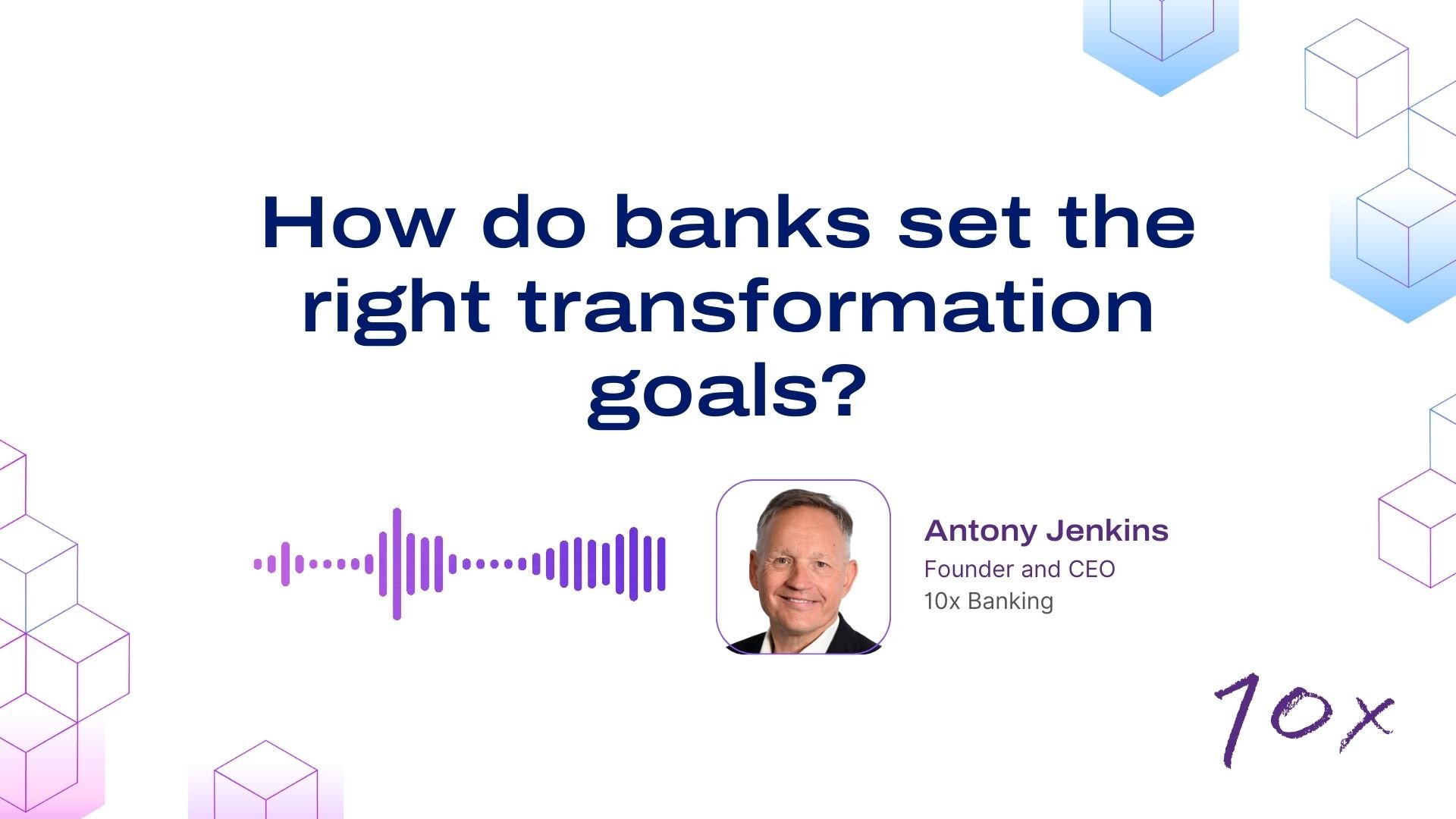If you had asked the top leaders at a global bank in 2010 what challenges they faced, building up reserves of capital to meet new regulations would certainly be on the list.
But, hard as the process was, these regulations have left banks better capitalised than they were ten years ago. The financial system is now much better placed to withstand a crisis than it was in 2008.
Yet all the while, new challenges are growing. A decade after the crash that caused the worst recession in living memory, the main threat banks now face comes from technology.
The power of data
All banks do is data. Any financial product you can name – loans, accounts, mortgages, insurance, funds – are simply collections of complex data, with the banks managing and structuring it in various ways.
But after decades of growth in computing power, technology is now sufficiently sophisticated, cheap and widespread that new ways of managing data are possible.
The significant proliferation of mobile banking and contactless payments we are now seeing is one sign of this. In 2015, I predicted that the shift to digital would lead to the closure of 20-50% of bank branches over the next decade.
That was an underestimation. Royal Bank of Scotland had 2,300 UK branches ten years ago, but a spate of closure announcements since December will reduce the number to 849 – nearly two-thirds down on the pre-crash period. HSBC closed a third of its network in 2015-16 alone.
Over time, artificial intelligence and distributed ledgers – two technologies that are all about improving how data is managed – could lead to a fundamental rearchitecting of the financial system.
Why job losses will be next
This process will only continue. Last month, I warned on the Today programme that 50% of jobs in financial services could disappear over the next 5-10 years, as digitalisation gathers pace.
Many of these job losses will be in middle- and back-office functions. The kind of natural language processing capabilities that power virtual assistants, such as Alexa and Siri, will replace many call centre workers. Traditional statistical techniques used to identify fraud and make credit decisions will be progressively automated as AI continues to outperform humans in specific areas of data processing. By helping banks take better decisions, this will help them create better, faster and cheaper services for customers.
But technology will also make things better for customers. As I argued on CNBC last week, technology will help reduce the mismatch between what they know about their finances, and what their bank knows.
Take mortgages. Apply for one today, and you will probably visit a broker face-to-face, bringing along all the data about yourself and your finances that you have painstakingly collected.
There is no reason why that process can’t be automated. Customers could grant permission to an app that would curate their information and seek out the best deal on the market. Customers wouldn’t have to worry about whether they are making the right decision or getting the best deal. In turn, that will allow them to focus on the things that matter – not the process of getting a mortgage, but buying a house; not the process of applying for a loan, but starting a business.
Unprecedented challenges
It’s hard for banks to grasp that future with confidence. During my career, I’ve learned how hard large organisations find it to recognise the long-term threat technology poses to their business. It is far easier to focus on urgent challenges requiring immediate action than on threats that will only begin to bite over the long term.
But I’ve also learned how quickly the long-term can become today’s problem. Banks’ technological challenges are now coming home to roost. By closing branches, banks are conceding that they have already lost the very advantage of scale that helped them lock in customers in the first place – the large network of branches that customers needed to manage their money. Why bother, if all you need to bank is a smartphone and an internet connection?
That is why new digital banks are springing up, promising to revolutionise the banking experience. In turn, the incumbents are having to double down on their own mobile offerings before it is too late.
We may have weathered the financial crisis with a stronger banking system, but technology will bring fundamental transformation in the years to come. If we get it right, it will deliver benefits not only for banks, but also for their customers and wider society.



